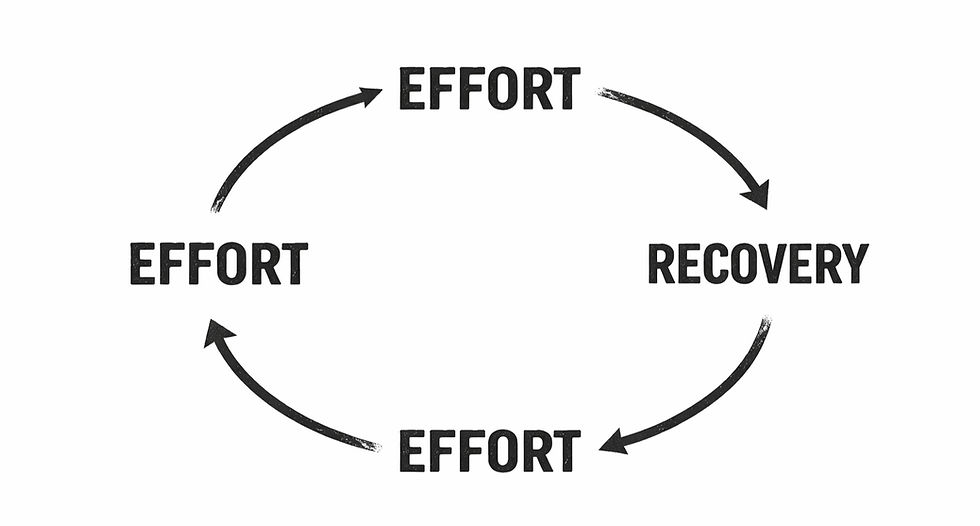The Power of Kindness
- Lauren Lee
- Jul 24, 2025
- 3 min read
Hello everyone and welcome to today's blog!
Despite being overlooked and oftentimes neglected in contemporary society, kindness is scientifically proven to heal physical, mental, and emotional health. Today we will uncover how kindness has the unique ability to change the trajectory of your mental wellbeing and the profound ramifications it has on your everyday world. Then, we will explore a few simple, yet powerful ways to engage in the art of kindness.
Kindness, simply put, stems from a place of wanting to do good. This empathy-driven quality is an embracement of selflessness, generosity, and helpfulness that exceeds far beyond the classification of behavior. Rather, it embodies ethical characteristics that demonstrate a deep understanding of the impact words and actions have. It can be described as being committed to considering others.
On the surface, this complex quality may seem confined to only influencing one's moral compass and relationships. In truth, acts of kindness are healthy for not just the heart, but with equal importance, the body and the mind.

According to the Mayo Clinic Health System, kindness is health-enhancing. Essentially, this means that kindness has the capacity to increase an individual's sense of self-esteem, compassion, empathy in addition to an overall improvement in their mood.
These emotional changes can be attributed to the many physical changes that the body undergoes, including a decrease in "blood pressure and cortisol, a hormone directly correlated with stress levels" (Siegle, 2023). Thus, people who consistently engage in acts of kindness experience significantly reduced feelings of stress, leading to a clearer mind and an enhanced understanding of themselves and those around them.
From a social standpoint, kindness can allow you to better connect with others. What's unique is that acts of kindness often tend to be contagious, which creates a ripple effect that encourages others to reciprocate this kind of behavior and engage in a kind act as well.
Moreover, it is proven that kindness provides numerous physiological benefits. Kindness increases your serotonin and dopamine which are two crucial happiness hormones in the body; serotonin acts as a mood regulator by reducing feelings of depression or anxiety while dopamine promotes well-being and satisfaction through the brain's neural reward system. Furthermore, the body's natural painkiller, endorphins, are released when you're being kind.
Finally, from a mental health perspective, kindness does not only apply to others-it also applies to yourself. Practicing kind self-talk and treating yourself in the same way you strive to treat others are both vital steps in promoting self-confidence and preventing negative self-perception.
You can show kindness by:
Complimenting a family member, friend, or even a complete stranger. Words of affirmation can make someone's day even a little brighter!
Smile. Maybe you're walking down the street in your neighborhood or in the hallway at school. Smiling is an infectious way to instantly lift someone's mood.
Be present for others. Perhaps this means you need to pause, focus on the conversation, and give someone your full attention. Doing so can build strong connections and validate others.
Be quick to apologize. Regardless of who is at fault, or even the argument itself, if you caused someone to feel hurt, it is always important to apologize.
When you make a mistake, pretend you are talking to your friend. Instead of immediately criticizing yourself, imagine it was your friend that made the mistake. Most often, we are extremely encouraging and uplifting towards our friends but are hardest on ourselves. Be forgiving of your mistakes as well and be kind to yourself just as you would to a friend.





Comments